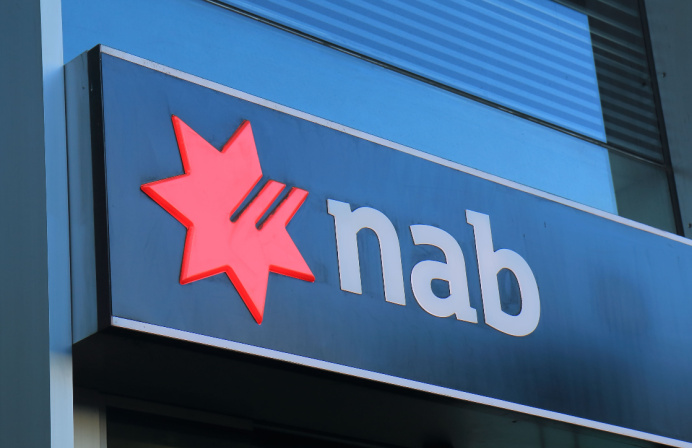
Open Banking data specialist, SISS, and financial services comparison site, Finder, have become the latest businesses to be accredited under the Australian Government’s Consumer Data Right (CDR) scheme, with SISS taking aim at the excessive “time” and “cost” of the ACCC’s accreditation process.
The pair are among a select group of just 15 businesses currently admitted into Australia’s consumer data-sharing scheme, with Finder the first product comparison service to receive accreditation.
SISS is also among a small handful of CDR-specialist data transfer platform developers currently accredited as data recipients (ADRs), among which also include Adatree and Frollo.
The Open Banking-tailored platform provider effectively functions as an intermediary between fintechs and established brick and mortar banks, including Australia’s big four, helping to facilitate the transfer of customer data.
SISS’s dedicated platform for accredited data recipients, ACSISS, utilises fintech clients’ existing ‘closed banking’ infrastructure to help tap into direct customer and transaction data feeds.
SISS managing director Grant Augustin, promoting the platform’s “speed to market” and “cost-effectiveness”, criticised the CDR accreditation process for its technical hurdles and excessive cost.
Since CDR’s launch mid-last year, outside of the big four banks (which were mandated to join the scheme upon its official launch) only 11 companies have been admitted as ADRs.
Augustin said his company has “taken a [three to six] month CDR build for fintechs and turned it into a one-day exercise.”
SISS in a statement said the fintech community “has been vocal about the cost and time it takes to comply with the CDR accreditation requirements”.
It added that some fintechs had claimed the cost to build and comply with CDR could reach $500,000, with ongoing maintenance costs of $50,000 each year.
With fewer than half of the current pool of 15 ADRs presently “active” – or sharing data – in the scheme, SISS relayed the industry’s concerns around the challenges of adopting the CDR’s rigorous strictures.
“We understand what fintechs are saying about the build and compliance cost of open banking. [We] saw the same cost and compliance issues with direct data feeds (“closed banking”) when it started, and we worked with banks and fintechs to find a win/win way forward,” Augustin said.
Meanwhile, the Australian Financial Review has reported that Finder, a finance, insurance, and utilities product comparison site, would be next in line for CDR accreditation, last week receiving a “green light” from the ACCC to begin ingesting data from data holders, including the big four banks.
Finder co-founder Fred Schebesta said he hoped to expand the functionality of its service, combining datasets from the entire Finder customer base and CDR user data to provide its customers with recommendations on what comparable people were doing with investments and other financial products.
Finder says it will leverage its Open Banking accreditation to speed up the delivery of insights that could support its customers in saving money on loan and insurance products. It will also open the door to a new range of possibilities with Artificial Intelligence as a dedicated money manager.
“Imagine an AI looking at your finances – your bills, your investments, your energy use, your travel – and moving money around, so you can be optimised for saving money and also making money,” Schebesta said.
The CDR received a funding top-up of $111.3 million in the Federal Government’s 2021 Budget, with a vision to expand the scheme beyond the banking sector (i.e. Open Banking) to insurance, energy, telecommunications.





